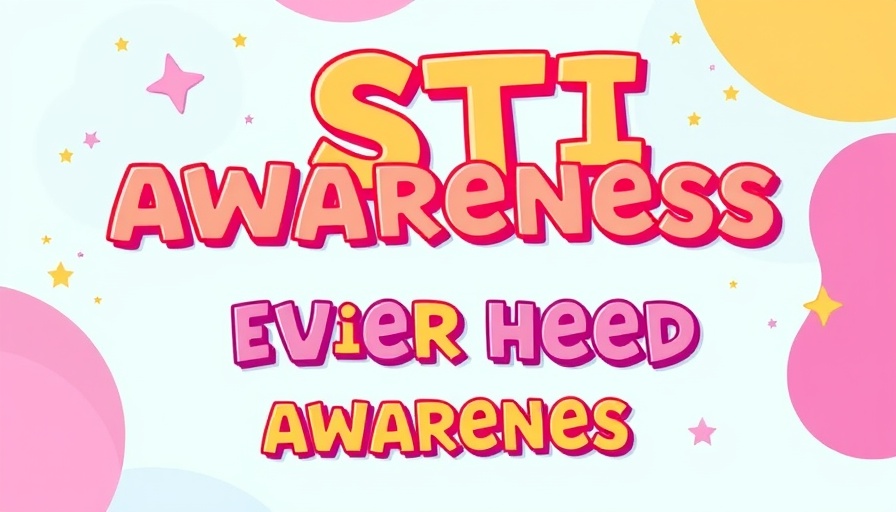
Understanding the Rise of Congenital Syphilis in Arizona
In recent years, Arizona has witnessed a staggering rise in sexually transmitted infections (STIs), particularly congenital syphilis, which poses serious health risks for both mothers and infants. According to reports, the state has experienced a 128% increase in syphilis cases from 2018 to 2022, with more than 63,000 STIs reported in 2023 alone. This alarming trend highlights the need for heightened awareness and proactive measures to prevent further spread.
The Impact of STIs on Maternal and Infant Health
Every year, hundreds of babies are born with congenital syphilis as the infection is transmitted from mother to child during pregnancy. In Arizona, more than 200 cases were documented in 2022 and 2023, resulting in an unfortunate 57 stillborn or deceased infants. The urgency to address this growing problem is evident, as untreated STIs can lead to devastating health implications for new families.
The Importance of Regular Testing and Education
Annual testing for STIs is recommended for sexually active Arizonans, especially as symptoms can often go unnoticed. The Centers for Disease Control and Prevention (CDC) acknowledged over 2.4 million STIs across the United States, underscoring the widespread nature of these infections. By discussing sexual health with healthcare providers, individuals can take positive steps towards prevention and early detection.
Collaborative Efforts to Combat Congenital Syphilis
In response to the rising cases of congenital syphilis, the Arizona Department of Health Services launched the Arizona Congenital Syphilis Collaborative in July 2024. This initiative involves over 100 partners and aims to implement a multi-agency, data-driven plan that focuses on improving access to testing and treatment for expectant mothers. Such large-scale efforts are vital for protecting infants and reducing transmission rates.
Future Implications and Community Involvement
As the state addresses the rising rates of congenital syphilis, community involvement is crucial. Local initiatives, combined with state efforts, can significantly impact awareness and prevention strategies. Parents, healthcare providers, and community members should work together to support educational campaigns that inform about the importance of sexual health and the need for regular screenings.
Conclusion: A Collective Responsibility
Addressing the surge in congenital syphilis necessitates collective action from all Arizonans. By prioritizing awareness, testing, and support for affected families, we can foster a healthier society for future generations. For more information on how to protect yourself and others, visit azdhs.gov/STI. Together, we can make a difference.
 Add Row
Add Row  Add
Add 




 Add Row
Add Row  Add
Add 

Write A Comment